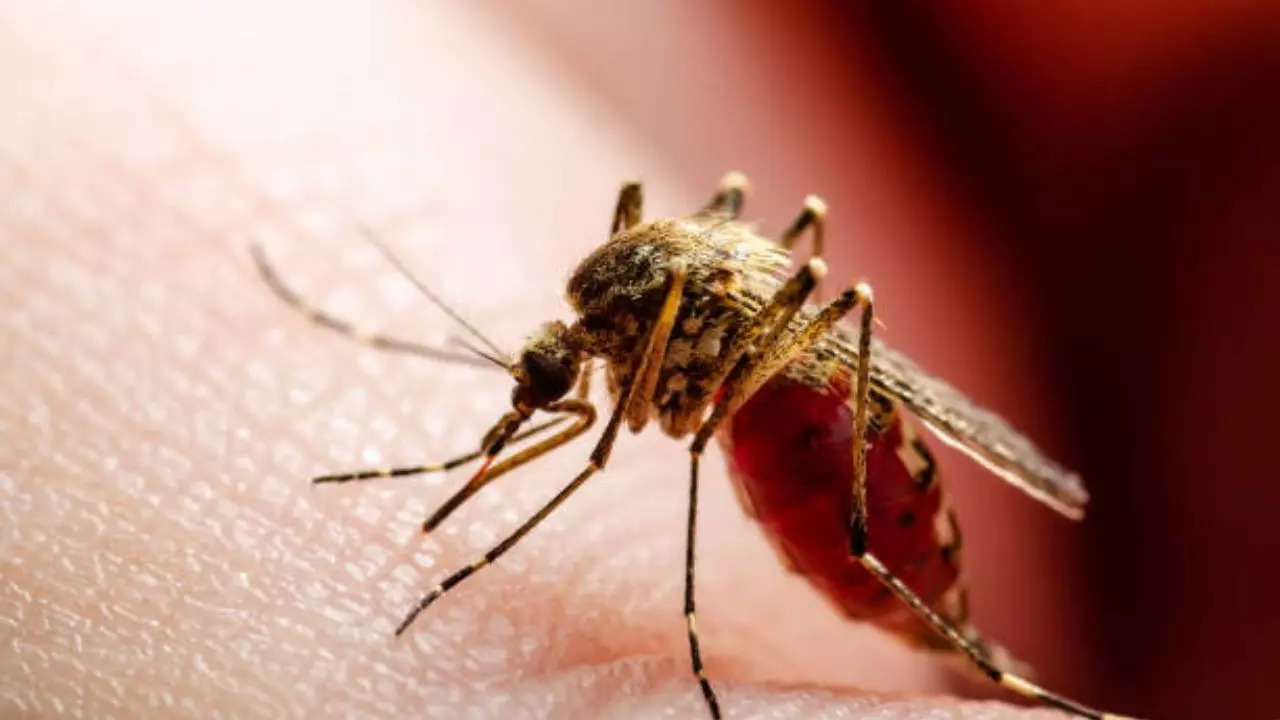Since last week, several US cities have increased their vigilance against the deadly infection.
One person has died after testing positive for the mosquito-borne infection eastern equine encephalitis virus, or EEE, New Hampshire health officials said. The Hampstead resident’s infection was the first in the northwestern state in a decade, the New Hampshire Department of Health and Human Services said. The resident, whom the department has not identified, had been hospitalized for severe central nervous system symptoms.
Since last week, several cities across the country have increased vigilance against the deadly infection, closing parks, playgrounds and fields from dusk to dawn.
What is Eastern Equine Encephalitis Virus?
According to experts, EEE is transmitted to people through the bites of a mosquito infected with an arbovirus, which causes brain inflammation and permanently affects brain and nerve function, leading to disabilities. About 30 percent of people infected by an EEE-infected mosquito develop encephalitis and die. Research suggests that EEE is most common in late spring and early fall. Infections typically peak in the summer months and are most common around freshwater bodies and marshes and near coastlines.
EEE got its name because researchers first discovered the virus in horses in the 1830s.
Certain types of mosquitoes contract the equine encephalitis virus by biting and feeding on infected birds. These mosquitoes bite humans and animals. Infected birds become infected by being bitten by another infected mosquito.
Doctors say there is no vaccine or antiviral treatment available for now.
Signs and symptoms of EEE
According to doctors, most people who have the infection do not have any symptoms, however, if you do experience them, they would include:
- High fever
- Shivers
- Joint pain
- Muscle pain
- Confusion
- Diarrhea
- Drowsiness
- Headache
- Loss of appetite
- Vomiting
Most symptoms usually appear four to ten days after being bitten by an infected mosquito. Doctors say severe EEE symptoms are similar to those of the flu, so it’s important to visit your doctor if you’ve developed these symptoms.
EEE can become serious quickly, with some patients falling into a coma within a week. Humans and some mammals are what are known as “dead-end hosts,” meaning they do not transmit the virus, even if they become ill, to mosquitoes that bite them.
Which US cities have increased their EEE risk levels?
Four Massachusetts towns have raised their EEE risk level to “critical”: Douglas, Oxford, Sutton and Webster. According to the Massachusetts Department of Public Health, the towns of Carver, Dudley, Middleborough, Northbridge and Uxbridge have also raised their EEE risk levels to “high.”
The U.S. CDC says there is also growing concern about West Nile virus, which is also transmitted by mosquitoes. Last month, several local health departments warned citizens after authorities detected mosquitoes carrying West Nile virus in several states. The CDC says it has now recorded 216 cases in at least 22 states.
Disclaimer:
The information contained in this post is for general information purposes only. We make no representations or warranties of any kind, express or implied, about the completeness, accuracy, reliability, suitability or availability with respect to the website or the information, products, services, or related graphics contained on the post for any purpose.
We respect the intellectual property rights of content creators. If you are the owner of any material featured on our website and have concerns about its use, please contact us. We are committed to addressing any copyright issues promptly and will remove any material within 2 days of receiving a request from the rightful owner.

